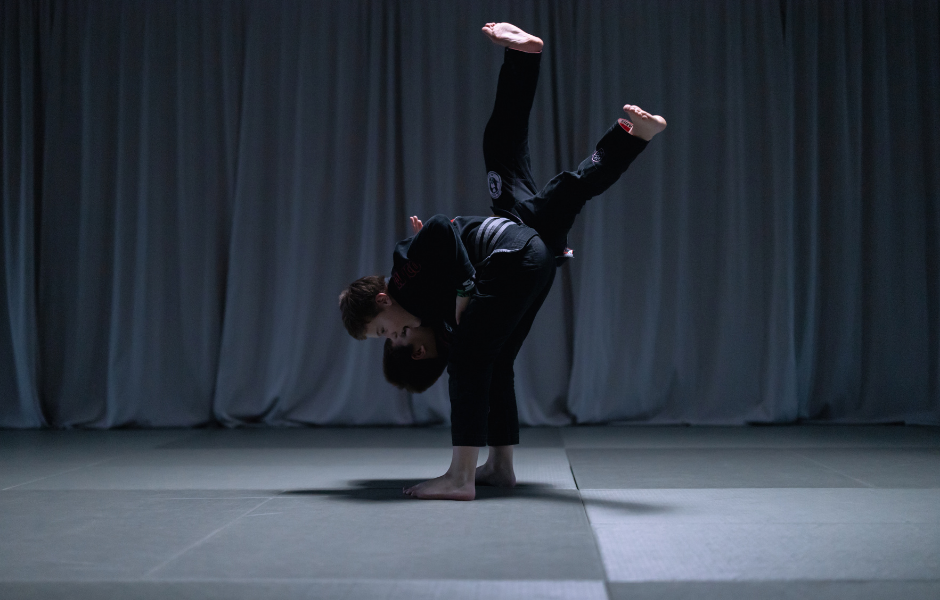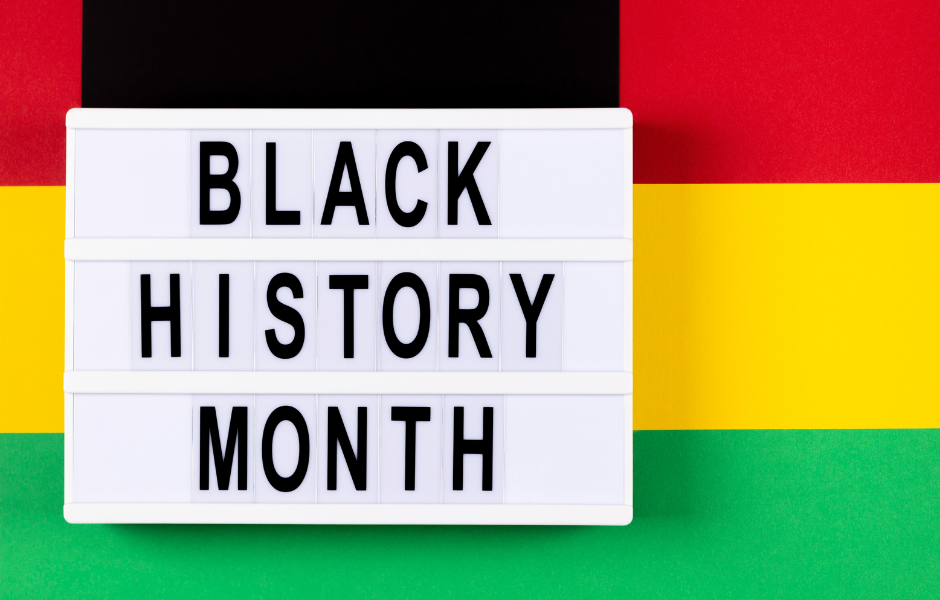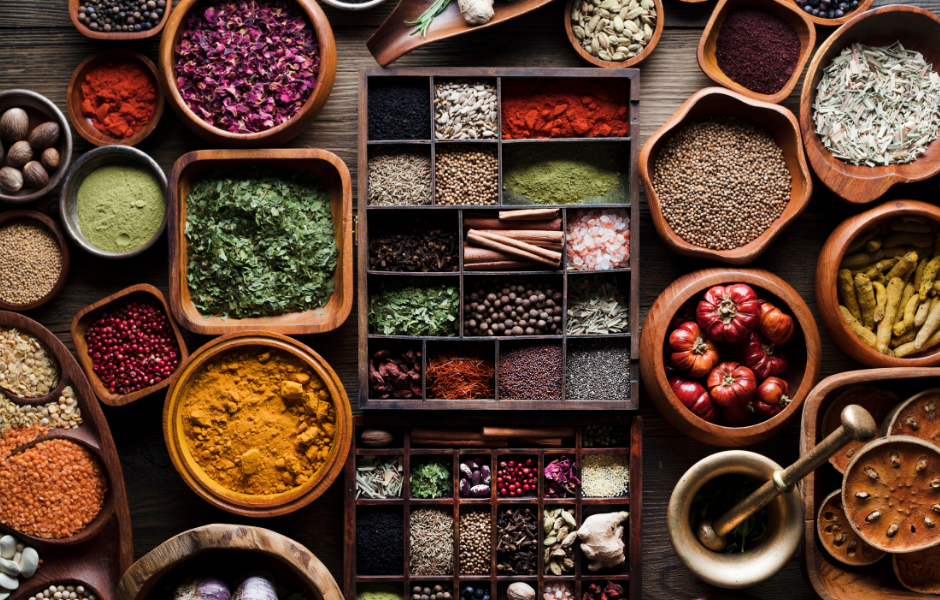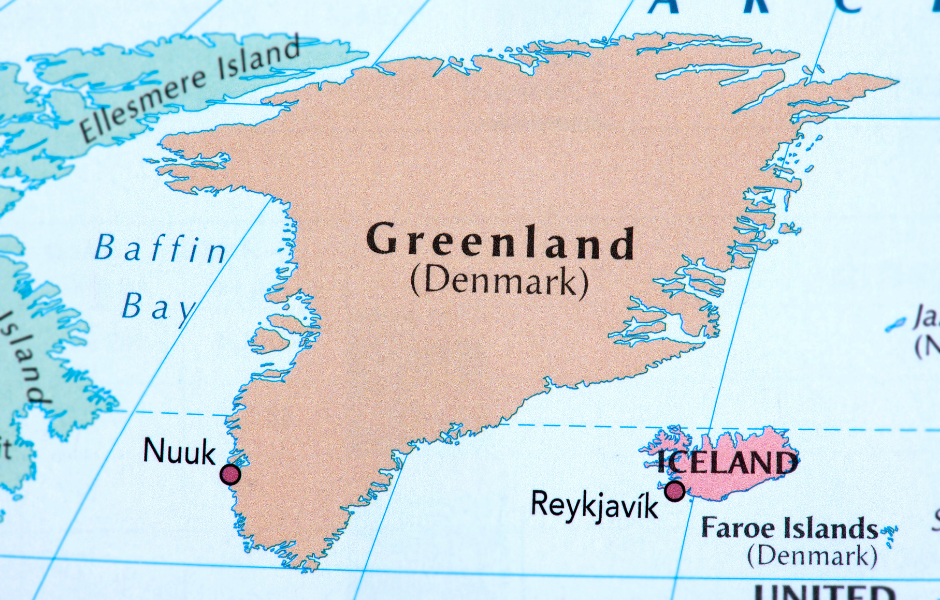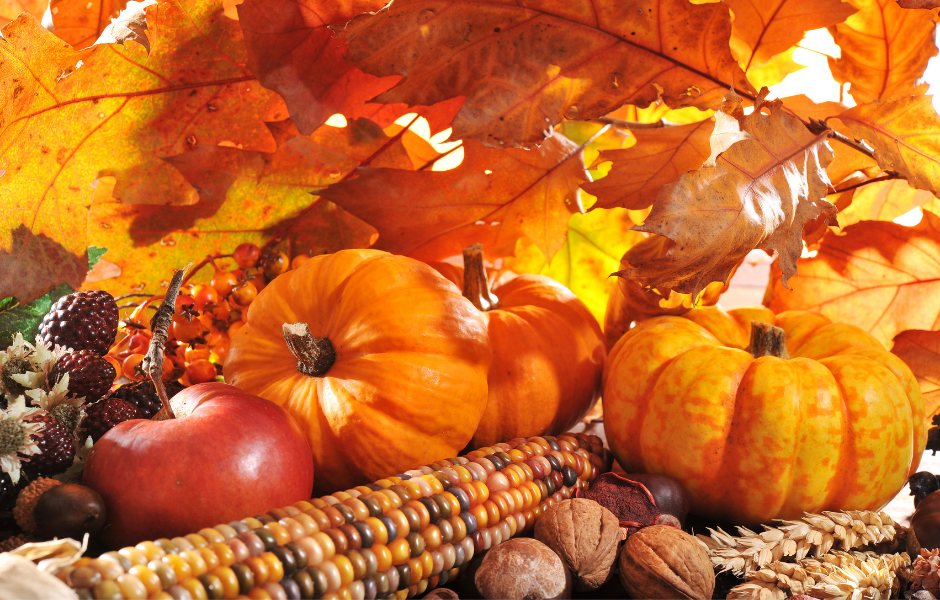
This children’s article, Thanksgiving: A kids’ guide to the famous American holiday, has been written for native English speakers and learners of English as a second or foreign language. It can help children build vocabulary, learn about world traditions, and understand how one special day brings people together. Written by Mark Pulley, a teacher and writer who creates fun and informative news articles for English learners.
Where and when did Thanksgiving begin?
Thanksgiving is one of the most important holidays in the United States and Canada, and it dates back over 400 years!
The first Thanksgiving was celebrated in 1621 by English settlers known as the Pilgrims and the Wampanoag people, who were the Indigenous inhabitants of the land.
The Pilgrims had travelled across the ocean on a ship called the Mayflower, and after a hard first year in their new home, they held a feast to give thanks for a good harvest and the help they’d received from the Wampanoag.
It was a celebration of survival, friendship and gratitude, values that are still at the heart of Thanksgiving today.
How it became a holiday
Thanksgiving wasn’t always a national holiday. Over the centuries, different communities celebrated it in their own ways and on different dates. In 1863, during the American Civil War, President Abraham Lincoln declared that Thanksgiving would be held on the fourth Thursday of November each year.
Canada also celebrates its own Thanksgiving, but it’s earlier, on the second Monday of October, because the harvest season ends sooner in the north.
Both countries use the day to gather with family, enjoy food, and give thanks for what they have.
Traditions old and new
Thanksgiving traditions have changed a lot since that first feast. In the past, people gave thanks for the harvest, cooked food grown in their gardens, and invited neighbours to join them. Today, families often travel long distances to share a huge meal.
A traditional Thanksgiving dinner includes turkey, mashed potatoes, cranberry sauce, and pumpkin pie.
Some people also volunteer at food banks or shelters to help those in need, which is a modern way of showing gratitude. Others enjoy spending the long weekend with friends or watching festive parades on television.
Parades, football and gratitude
Modern Thanksgiving is about more than food! The Macy’s Thanksgiving Day Parade in New York City is watched by millions, with giant balloons, marching bands, and famous performers.
American football is another huge part of the day, with special games played every Thanksgiving.
And while the holiday has become more modern, the main idea remains the same: to stop for a moment, look around, and give thanks for the people and things that make life special.
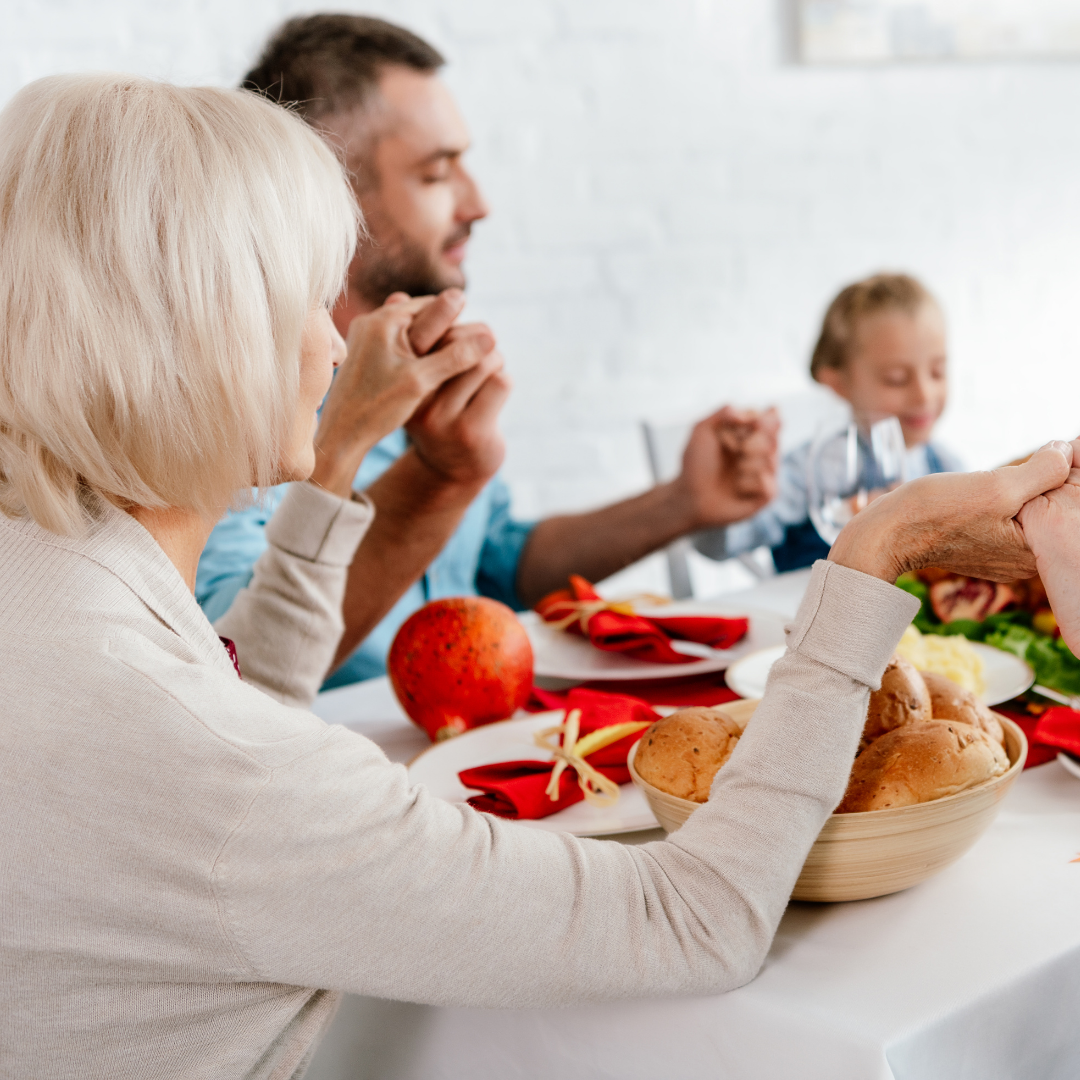
Article vocabulary list
- Pilgrims – The English settlers who travelled to North America in 1620.
- Harvest – The time when crops are gathered from the fields.
- Wampanoag – The Indigenous people who helped the Pilgrims survive their first winter.
- Feast – A large and special meal.
- Tradition – A custom or practice passed down through generations.
- Gratitude – Being thankful and showing appreciation.
- Parade – A public celebration with floats, bands, and people marching.
- Volunteer – A person who helps others without being paid.
Comprehension questions
Just click the plus (+) to see the answer
1. Who celebrated the first Thanksgiving?
A) Pilgrims and Wampanoag people
B) Vikings and Romans
C) Cowboys and miners
Answer: A) Pilgrims and Wampanoag people
2. When is Thanksgiving celebrated in the United States?
A) The first Thursday of November
B) The fourth Thursday of November
C) The last Friday of October
Answer: B) The fourth Thursday of November
3. What is a popular Thanksgiving food?
A) Pizza
B) Turkey
C) Sushi
Answer: B) Turkey
4. Which country celebrates Thanksgiving in October?
A) Canada
B) Mexico
C) France
Answer: A) Canada
5. What is the main message of Thanksgiving?
A) To play sports
B) To give thanks and spend time with others
C) To buy a gift
Answer: B) To give thanks and spend time with others

Mark is a writer and EFL teacher from England with eight years’ experience. He’s passionate about travel, sport (especially football), animals, nature, and history, and enjoys helping children explore the world through language and learning.

